Ka Waldy's continuing fight for national and press freedom
Pao Ching-ming
30th August, 2022
Jump to article-proper.
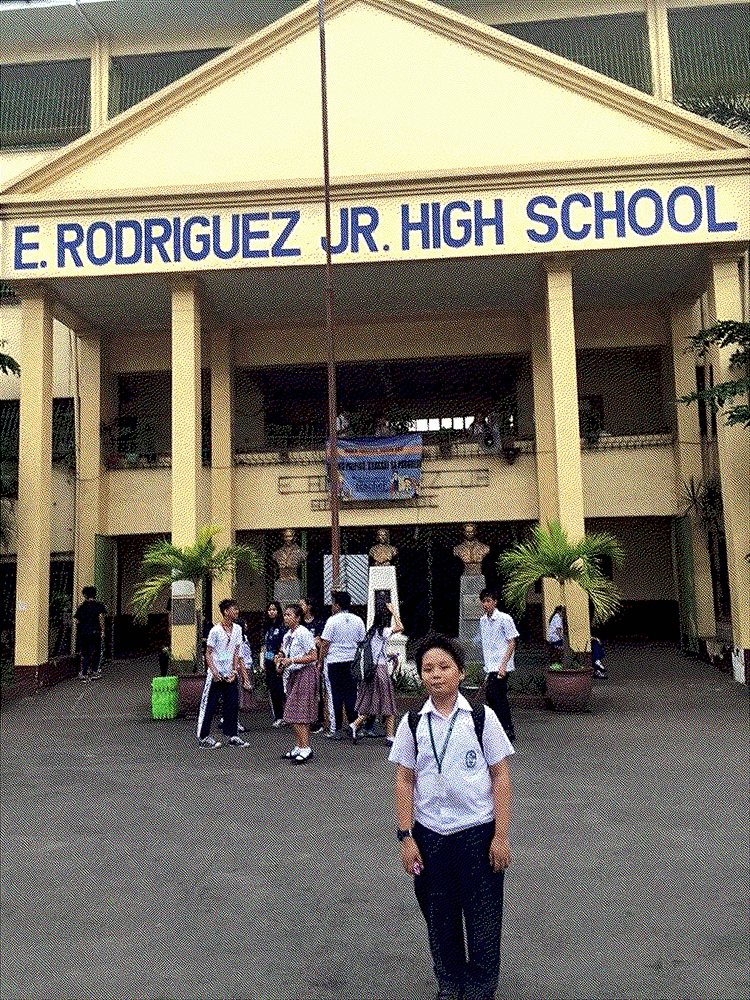
A Prefatory Note/Essay/Note-essay. The following is the result of an interview I did with Ka Waldy nearly two years ago, literally the day after his arrest on the 28th August. Before I had even the slightest interest in history, in revolutionary theory and practice and all these other things which preoccupy me now, I was a journalist,--a campus journalist, to be exact, and I had been one since the fourth grade,--and at the time I suppose, even after the long pause the pandemic imposed on my reportage and writing at large, a big part of me still recognised and was committed to the rôle of the journalist, of the man on the ground and in the thick of things, in bringing the Truth (whatever that was/is/will be) to the people who were on the ground and who were in the thick of things as well, just in ways that let them feel detached and apathetic and unaffected by the essentially metabolic stirrings of the greater world-body in motion.
(Not to say, of course, that I don't still believe this, because I do: the job of a partisan scholar-propagandist in the last analysis is the same. I think that my shift over the past two or three years has basically been one from the immediate to the more eventual, from reportage to commentary—again, not to say that both ends don't find themselves comprehended within the same theoreticopractical unity, because of course they do.)
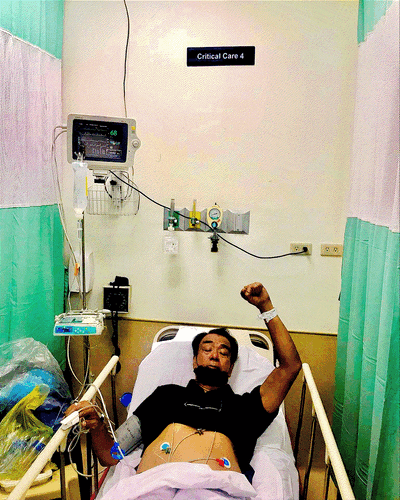
And so I did the interview. I was probably one of the first, if not the first, journo to reach out and try to get Ka Waldy's side of the story--besides the brief, almost perfunctory reports of his being nabbed by the pigs that one Sunday morning, I never saw any coverage of what happened to him and how he was treated beyond that initial burst of interest. As far as I know, the first section of the article hereunder is the only written account (outside whatever files the State may have) of his experience right after that point, of his various transferrals and counter-transferrals from Pasay to Caloocan to Camp Crame and finally to Manila.
The circumstances I remember reasonably well: something like "Can you do the interview now?" an hour or two past noon, then me, unshowered and unprepared and unwitting, replying with something like "Yes"; the rush of getting to the nearest outlet before my phone died (I'd fallen asleep reading/consuming yaoi and forgot to charge the thing) coinciding with the rush of patter-become-thump, of susurrus-become-howl heralding stormward incipience; Ka Waldy's caretaker-wife's voice, for want of maleness quickly nudged aside by Ka Waldy's, raspy, feeble, vindictive, and a half-hour later interrupted by silence, rude and abrupt and unwelcome--my minutes had run out; asking/begging a friend to top my phone up just for the duration, thereafter her semi-annoyed indulgence; and so on and so forth until I had about an hour's worth of fuzzy, mostly intelligible audio taped.
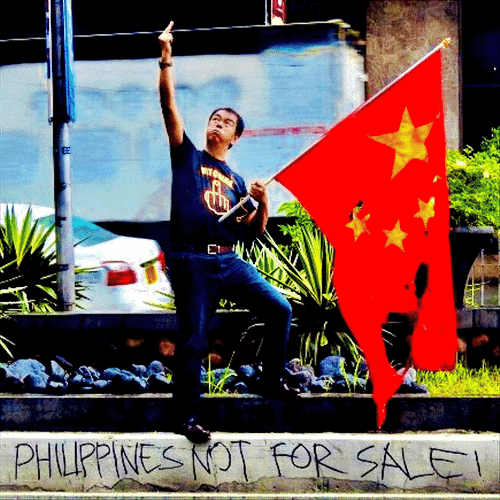
The intention was to send the recording alongside my notes to a progressive news outlet and to let them cover it however they please; of course, I was told that they could spare neither the people nor the time but that they would gladly consider for publication an article based on the material I already had. So of course I went ahead and submitted one, and of course they never wrote back. A 15-year-old rando's story puffing up some has-been with a surfeit of vainglory and machoism and a deficit of "relevance" and currency, either among the people or that new commentarian vanguard of Life, Decency, and the pursuit of NED bucks, was apparently not as appealing as they'd first thought.
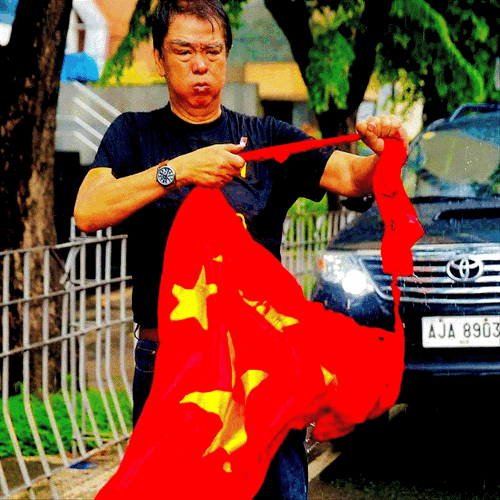
Here then, after two years, is the article in full. Contrary to what it may impress or attempt to impress upon the reader, Ka Waldy is no revolutionary or activist; he's mostly just a seminationalist, anti-China, anti-Duterte critic. But he and his story are interesting—the kind of interesting that's really only possible at those intersections of neocolonial politics, petty-bourgeois careerism, agrarian revolution, and semifeudal culture/myth-making kernelled within imperialised periphery's shell.
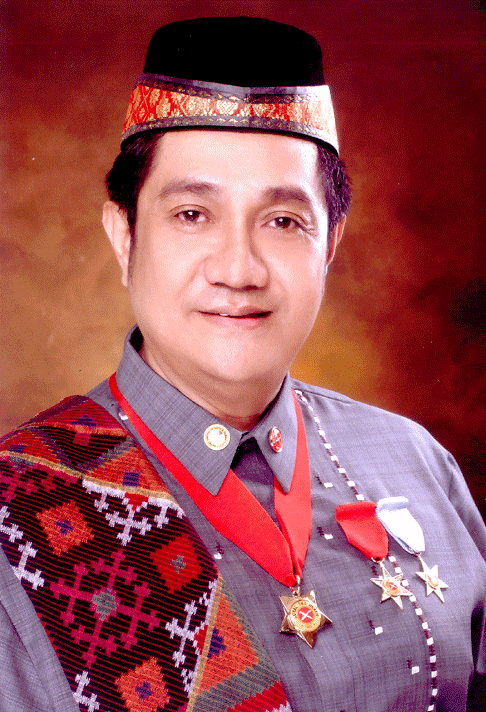
Ka Waldy's full name is Oswaldo Avena Carbonell, and interestingly, a Google search using his name with "Avena" initialised yields only two results: an entry in an archive of international electoral information, showing that one Oswaldo A. Carbonell had garnered 668 (out of 125,613) votes in the 2010 election for the representative of Makati's First District; and a Tumblr post purporting to list the knights of the "Royal Order of Kiram," of whom "Baron Hadji Walid Oswaldo A. Carbonell, BT., DRK," concurrently also "Royal Minister for Public Affairs," is apparently one. The Order is a real creation of the self-styled Sultan Muhammad Fuad Abdulla Kiram I, "The 35th Sultan of Sulu & The Sultan of Sabah, SROHS, SROS, SRSS, SRK, SRM," one of at least eight claimants to the throne of Sulu (and by extension of Sabah, which came under its sway sometime in the late 17th century following the Bruneian Civil War) established by Sharif ul-Hashim in 1405.
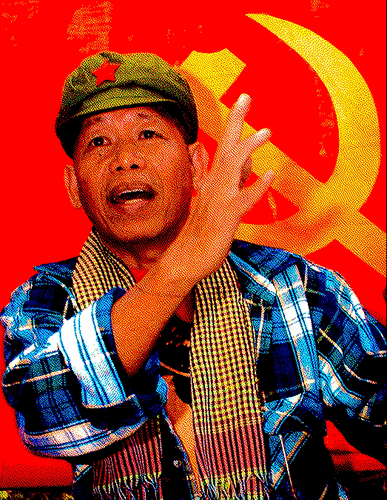
The conflict between those with "even one drop of Sultan Sharif ul-Hashim's blood in all their veins," as one saying among the Tausug (the dominant people in Sulu) goes, over the succession, the conflict between the Malaysian government and the Sulu claimants over rights to Sabah (leased to a British company in 1836), and the conflict between Putrajaya and Manila over the same are stories for another time altogether. The absurdity of (post)modernity's vulgarised, metropolitan logic encroaching upon the vestiges of premodern Virtue/Romance/Chivalry/Piety/&c., &c. in the margins makes for endless--and endlessly interesting--stories to spin, tell, hear, analyse, revise, concretise.
A final story I heard about Ka Waldy, this one from the last years of the Marcos dictatorship, involves Ka Roger (later spokesperson of the Communist Party), a mall somewhere in the Metro, shoes coloured a hopelessly tacky green, and a great deal of cheesiness and crying. Again: another time.
Quezon City, R. P.
29th June 2024
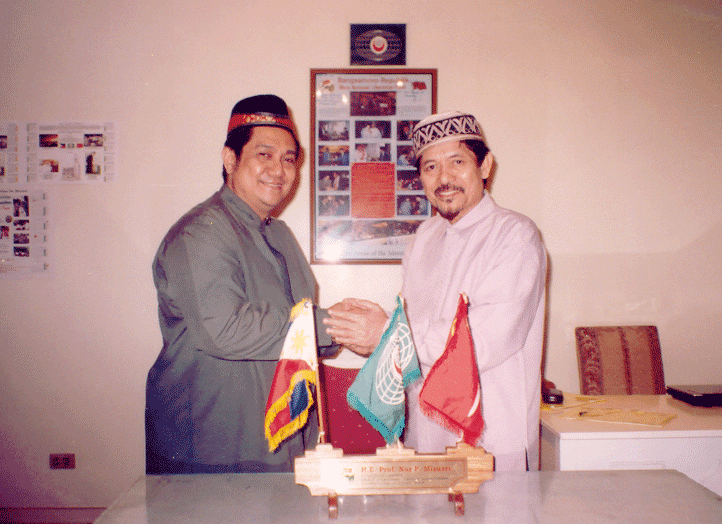
* * *
Waldy Carbonell, the firebrand journalist famous for his flamboyant expressions of patriotism, is currently confined in the Manila Doctors’ Hospital because of high blood pressure and other complications.
The veteran broadcaster, a stroke survivor approaching 80, was on his regular jog at the Mall of Asia when he was seized by policemen in plain clothes. He was not told his Miranda rights.
From Pasay, he and his wife, Jennifer Maquilan, were taken to a crowded and ill-maintained prison in Caloocan. His condition worsening, he was brought to a local hospital which was itself lacking in equipment and manpower.
Following the recommendation of a doctor, the ailing reporter was transported to the medical facilities of Camp Crame. Although the treatment therein was adequate, he opted to move to his present hospital to avoid the wrath of a longtime enemy stationed in the Camp.
Still under the custody of the police, Carbonell’s bail is set at ₱280,000, according to Maquilan, who is also the producer of his popular radio broadcast "Káwal ng Demokrásya" (Defender of Democracy).
Corruption and cyberlibel
In a brief interview, the radio commentator claimed that Mayor Eduardo Guillen of Piddig, Ilocos Norte, who filed five counts of cyberlibel against him, was a "Sandro Marcos crony" of conspicuous wealth.
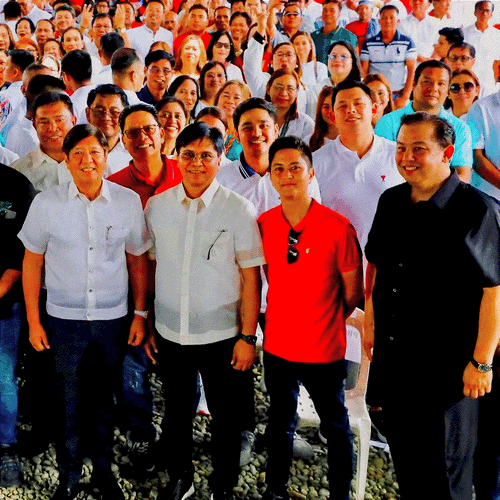
"Pinagkákalat nilá sa Facebook ang kanilang yáman, grábe," he said. "Halimbawà, pinagkukúnan ng picture ang kaniláng brand new Range Rover, nagkákahalagá ng 6 million [pesos], brand new Land Cruiser, BMW, at saká yaóng kaniláng mga mansyón sa Baguio, mansyón sa [unintelligible]."
(They flaunt their wealth on Facebook so much, seriously. Case in point are all those pictures they keep taking of their brand new Range Rover, which cost 6 million pesos, Land Cruiser, BMW, and also their mansion in Baguio, that other one in [unintelligible].)
Supposedly, Guillen already had a record in the Ombudsman, which further added to the suspicions of Carbonell. "Fifth-class lang na municipality, pa paáno magkákaroon ng ganiyán kalakíng péra ang alkálde?" he explained.
(It's only a fifth-class municipality. How could a mayor there get his hands on so much money?)
The journalist’s short exposé of the mayor was included in his broadcast way back in 2020, but the cyberlibel case would only come a year later. Responding to the accusation, he bragged about his gunmanship and shouted, "I don’t care about libel! Hindî mo ginágawâ ang tungkúlin mo bílang peryodísta ‘pag walâ kang libel cases!"
(I don't care about libel! You're not doing your job as a journo if you don't have any libel cases!)
A dangerous existence
Carbonell’s bombast about his firearm expertise was no joke. In 2003, his investigation of newsman Jun Pala’s murder in Davao enraged then Mayor Rodrigo Duterte so much so that he challenged Carbonell to a duel at 9 o’clock in the morning; Carbonell, once president of the Pistol and Rifle Association of the Philippines, did not object.
The commentator followed Duterte’s instructions to the letter: by 9 o’clock he was at the Davao City Hall, armed with a pistol and joined by other men of the press. Thirty minutes would pass and the braggart mayor, who had boasted that he needed only 2 bullets to take Carbonell down, was nowhere to be seen.
Neither was Carbonell’s apathy towards libel empty swagger. It was he who helped lead the Anti-Graft League to bring charges against Enrile and other big Marcos cronies for their corruption in the sugar quota, Japanese reparations, and so forth, for which he and his comrades were put behind bars.
And though this elderly broadcaster’s ever-present kris and red-over-blue Philippine flag may seem tacky to some, it shouldn’t be forgotten that he saw a great deal of action himself, first as a member of the revolutionary Kabatáang Makabáyan in the anti-Marcos struggle, and later as an on-the-ground correspondent in war-torn Iraq.
In his last few years, he has made even more enemies with his fiery style and unabashed journalism. The Guillen clan aside, his coverage of the Atimonan massacre in 2013 earned him the ire of one Col. Hansel Marantan, who was imprisoned for over 4 years before being promoted by Duterte and posted in Camp Crame; on him, Carbonell remarked, "Kung dî man akó patayín gámit ang baríl ng pulís, tátagain namán akó ng áking kapwà bilanggô."
(If some cop doesn't kill me with his gun, then it'll be my cellmates with shivs.)
Carbonell’s most notorious act in recent times was his burning of the Chinese flag before the Chinese consulate in Manila in July 2019. In signature form, he gave the embassy an ascendant middle finger in protest of Chinese encroachment on Philippine waters.
Broken promises
The arrest and extended custody of Carbonell were preceded by Press Secretary Trixie Cruz Angeles’ promises of press freedom under the new Marcos administration. In a Saturday statement, she asserted, "You’re free to talk. We’re not changing anything. Whatever freedom we have now will always be our freedom. Our Constitution guarantees that."
Nevertheless, fears of intensified violence against journalists, activists, and even ordinary citizens carry over from the Duterte régime and the earlier Marcos dictatorship. The unjust treatment of Carbonell at the hands of the state have done nothing to ease the anxieties of both press and public.
In spite of his deteriorated state, Carbonell himself is determined to uphold the fight for national freedom to the very end. In his own words, "Lálaban po táyo. Hindî táyo susukò. Ayán ang dahilán kung báki’t pulá ang nangíngibabaw sa áting bandéra: ang bandéra ng pakikibáka."
(We will fight back. We will not surrender. That's the reason why red is ascendant over blue in our flag: the flag of our struggle.)
Back to top.
